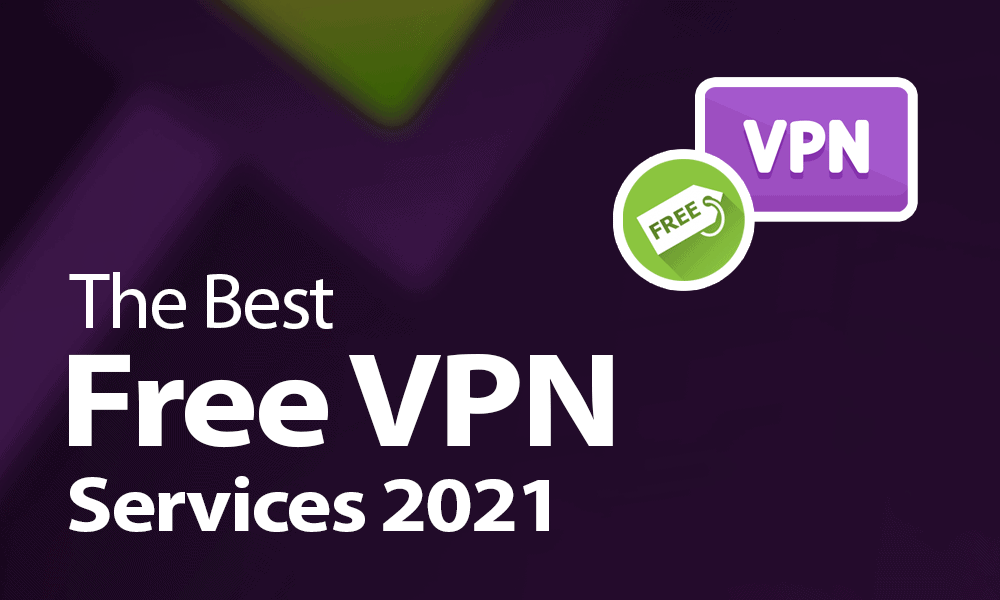

SSL/TSL protocols are very secure and have been tested and improved over two decades.īut on the other hand, there are multiple downsides you might encounter while using an open-sourced VPN. The encryption protocols used on open-source VPNs are SSL/TLS.
#Free vpn for mac no subscription code
The biggest upside to an open-source VPN is that all of the source code is easily accessible to the public, this ensures that the company isn’t hiding anything from the users. Open-source VPNs are much more uncommon than regular close-source VPN services, mostly because they don’t appeal to masses and are trickier to set up.

Although they aren’t exactly 100% foolproof they’re far more secure and have a much higher reputation than regular close-source VPNs. Is there a solution to this issue? Yes, an Open-source VPN. On the brighter side, we at least have VPNs to keep us safe right? Well yes, but there have been some issues with some heavily promoted/popular VPNs being infiltrated by hackers, this has created yet another privacy issue.

They often use the collected data and sell it to third parties in order to create advanced targetted-ads or worse. As privacy is becoming more of a luxury rather than a basic need, companies are trying to gather as much information/data on users as they possibly can.


 0 kommentar(er)
0 kommentar(er)
